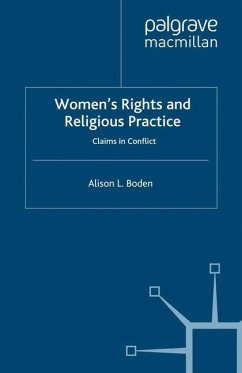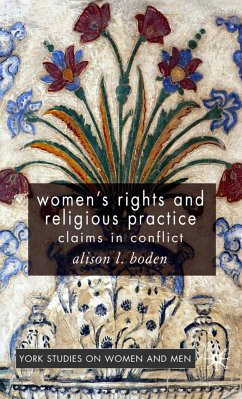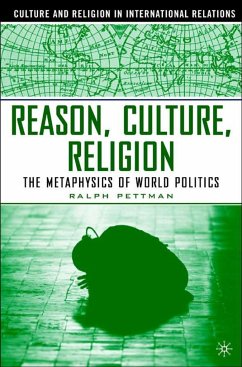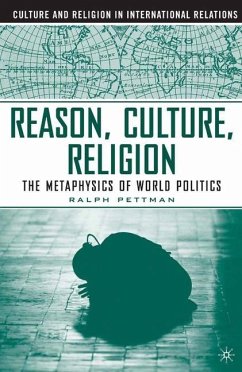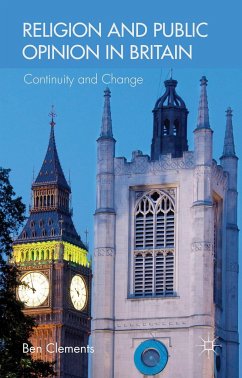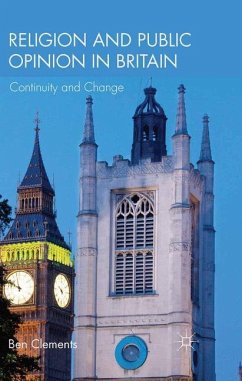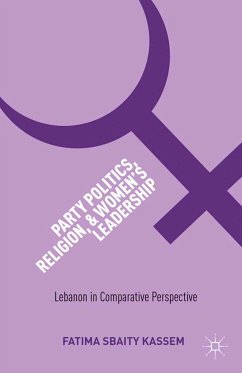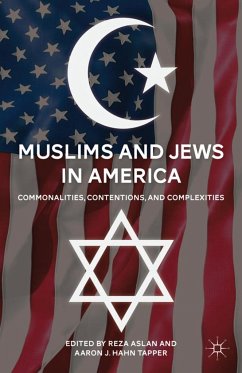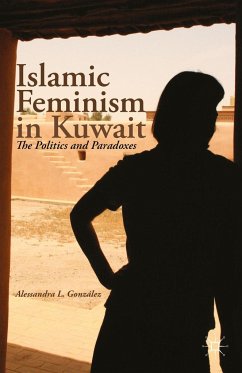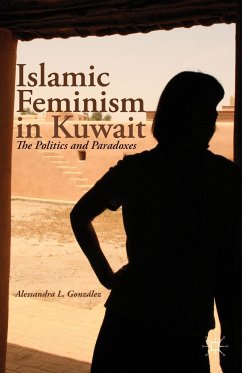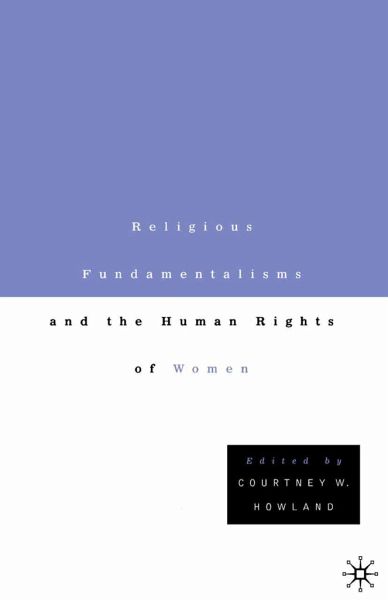
Religious Fundamentalisms and the Human Rights of Women
Versandkostenfrei!
Versandfertig in 6-10 Tagen
38,99 €
inkl. MwSt.

PAYBACK Punkte
19 °P sammeln!
Dialogue on the conflict between religious fundamentalism and women's rights is often stymied by an 'all or nothing' approach: fundamentalists claim of absolute religious freedom, while some feminists dismiss religion entirely as being so imbued with patriarchy as to be eternally opposed to women's rights. This ignores, though, the experiences of religious women who suffer under fundamentalism and fight to resist it, perceiving themselves to be at once religious and feminist. In Religious Fundamentalisms and the Human Rights of Women , Howland provides a forum for these different scholars, bot...
Dialogue on the conflict between religious fundamentalism and women's rights is often stymied by an 'all or nothing' approach: fundamentalists claim of absolute religious freedom, while some feminists dismiss religion entirely as being so imbued with patriarchy as to be eternally opposed to women's rights. This ignores, though, the experiences of religious women who suffer under fundamentalism and fight to resist it, perceiving themselves to be at once religious and feminist. In Religious Fundamentalisms and the Human Rights of Women , Howland provides a forum for these different scholars, both religious and nonreligious, to meet and seek common ground in their fight against fundamentalism. Through an examination of international human rights, national law, grass roots activism, and theology, this volume explores the acute problems that contemporary fundamentalist movements pose for women's equality and liberty rights.



